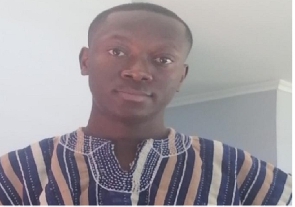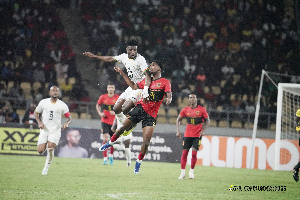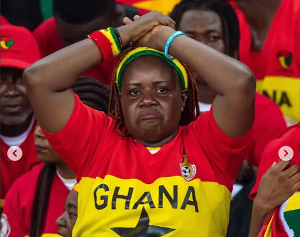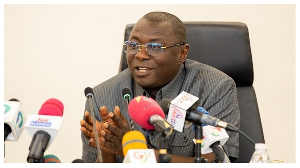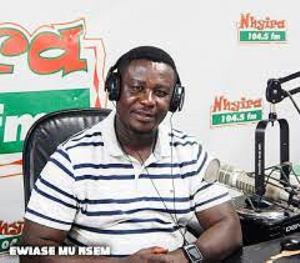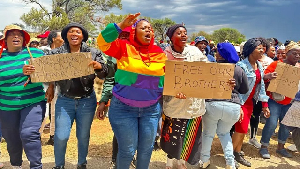Since 1992, every December 3rd is designated by the United Nations (UN) to promote understanding of disability issues and mobilize support for the dignity, rights, and well-being of persons with disabilities (PWDs). It also seeks to increase awareness of the benefits derived from the integration of PWDs into every aspect of political, social, economic, and cultural life. The day is referred to as the International Day of Persons with Disabilities.
According to the World Health Organization (WHO), "Disability is part of being human. Almost everyone will temporarily or permanently experience disability at some point in their life. An estimated 1.3 billion people – about 16% of the global population – currently experience significant disability. This number is increasing due in part to population aging and an increase in the prevalence of non-communicable diseases".
Disabilities, such as blindness, partial sightedness, hard of hearing, mental disability, intellectual disability, and physical disability, affect societies universally, with varying aspects and causes. The 1992 Constitution of Ghana under Article 29 provides the rights of PWDs. Also, the Persons with Disabilities Act, 2006 (Act 715), covers accessibility, employment, and education of PWDs but has been criticized by some stakeholders for not meeting compliance with international standards.
Notable voices urging the government to expedite the reenactment of the Persons with Disabilities bill recently include Mr. Charles Abani, the United Nations Resident Coordinator, the Ghana Federation of Disability Organization (GFD), and the National Council on Persons with Disabilities (NCPD).
The 2021 Population and Housing Census revealed that PWDs constitute eight percent of Ghana’s population, representing 2,098,138 individuals. Most PWDs are the vulnerable class in our society, constantly facing social stigma and discrimination, inadequate housing, healthcare services, and poverty and economic disparities. Last year, media reports highlighted that economic challenges, although experienced by the masses, affected PWDs differently due to
their existing susceptibility in society.
I commend the gallant efforts of the venerable man of God, Rev. Steve Mensah, for his CEM Ability Village Initiative. This initiative seeks to provide programs to help PWDs live in dignity by granting access to housing, economic activities, healthcare, and specialized services, and initiating projects throughout the country to help PWDs integrate into Ghanaian society and promote
cultural change in attitudes towards PWDs. The project, aiming to build a disability empowerment community, is set to be situated on a 2000-acre land at Agortor in the Shai-Osudoku District of the Greater Accra Region. Rev. Steve Mensah and other benevolent Ghanaians must be supported in helping PWDs.
While numerous studies focus on the challenges faced by PWDs in education, and the adaptation of environments, limited attention has been given to their challenges in community development practice. Community development in Ghana has over the years strived to reduce social discrimination and integrate excluded groups, such as PWDs, into development practices, but more must be done.
These individuals deserve equal opportunities and participation in community development projects. Disabled individuals, despite being considered part of the "weaker population" continue to prove valuable in community development practices.
Their inclusion should extend beyond project involvement to encompass decision-making processes, crucial for the success of development initiatives. Persons with disabilities should not be viewed solely as recipients of support but as active contributors. Recognizing their strengths and potential will foster equal rights in decision-making processes at various levels—national, regional, district, and institutional—contributing positively to community development. The influence of PWDs in community development practice is significant, as their unique perspectives can lead to positive contributions.
Community Development is about reducing social discrimination and bringing excluded people, such as disabled persons into the development practices in Ghana like all other citizens. PWDs deserve what other members of their community have as citizens.
Opinions of Tuesday, 5 December 2023
Columnist: Lawson Kwame Lugu





